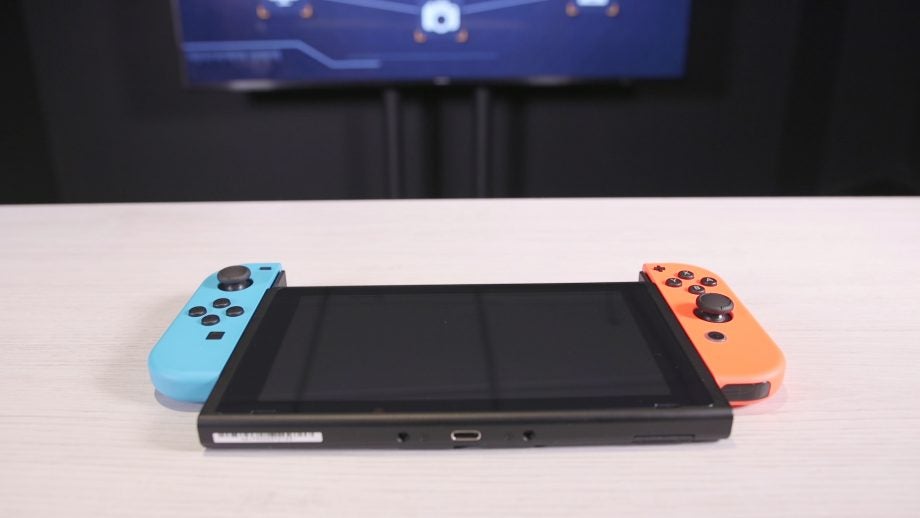Nintendo is okay with your third-party USB cables, on one condition

Writing on its Japanese support site, Nintendo has clarified that using third-party USB-C cables with the Switch is okay, so long as they contain a 56kΩ resistor.
This should prevent any dodgy cables from over-charging and damaging your console, or causing it to take too long to charge, reports Ars Technica.
We were pleasantly surprised when Nintendo announced that its latest console would use industry-standard USB cables for its controllers, and we were even happier to see that it had proactively embraced the emerging USB-C standard.
But after reports emerged last week of the console’s 5.0 firmware causing third-party docks to brick it, it would have been easy for Nintendo to turn around and say that only its first-party USB cables are officially supported.
Instead, the company has offered some helpful, if a little technical, advice about which USB cables gamers should use with their consoles.
Now that we know only cables with a 56kΩ resistor should be used with the console, the challenge will now become finding them. Thankfully, it seems that if you dig into the specs of such cables on Amazon (such as this Anker model), they normally list their resistance in a place that’s easy to find.
Really, Nintendo’s advice isn’t different from most other technology companies. When you think about it, most of the time a USB cable and plug is all that’s going to stand between your expensive device and 240 volts of mains power — so trust us, it’s not worth cheaping out on.
Are you still using the USB cable that came with your Switch or have you been forced to buy a replacement? Let us know @TrustedReviews.


